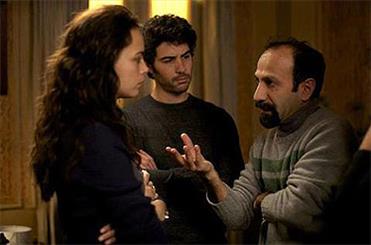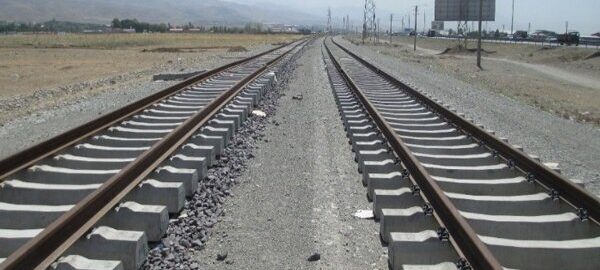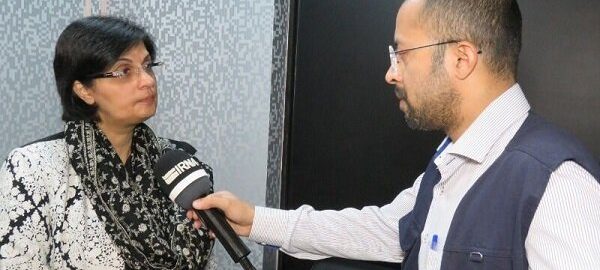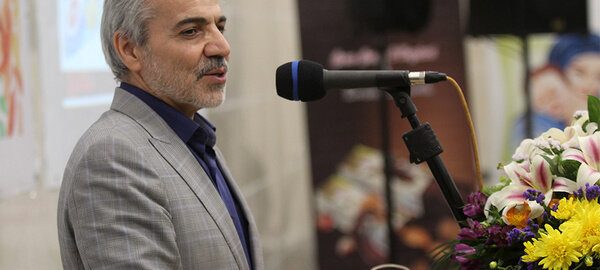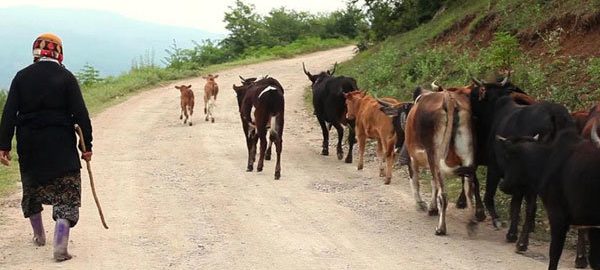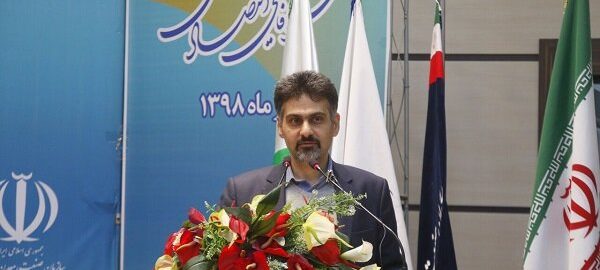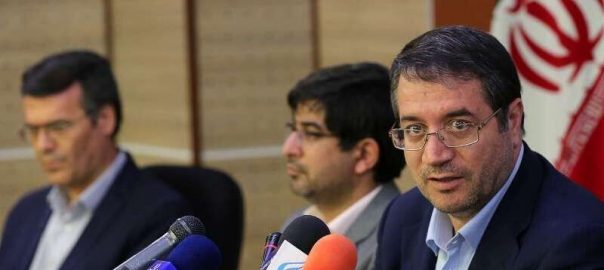As part of a national plan, Iranian researchers have managed to develop a new generation of nanofilters capable of absorbing diesel soot, IRNA news agency reported on Saturday.
The process of obtaining international standards for manufacturing the product is currently underway.
Currently, car manufacturers are using ceramic filters that do not meet the requirements of Euro 2 diesel engines, while they are being imported at a price three times above the Iranian product.
According to Rasoul Norouzian, the product designer, the filter is capable of absorbing particulate matter (PM 2.5), which can be efficient in curbing air pollution.
According to a study conducted by JICA (Japan International Cooperation Agency), about 75-85 percent of Tehran’s air pollution is related to cars and motorcycles.
Air pollution haunting Iranian capital
Tehran air quality index (AQI) reached an unhealthy level of pollution for 59 days since the beginning of this year (March 21), according to a report published by the Tehran Air Quality Control Company.
An AQI is used to communicate to the public how polluted the air currently is or how polluted it is forecast to become.
The index categorizes conditions according to a measure of polluting matters into excellent (0-50), good (51-100), lightly polluted or unhealthy for sensitive groups (101-150), moderately polluted (151-200), heavily polluted (201-300) and severely polluted (301-500).
During the aforementioned period, heavily polluted air haunted the capital for 5 days which was almost dangerous for all the residents.
This is while, last year over the same period 44 days were unhealthy for sensitive groups, and Tehraners did not breathe a single day of heavily polluted air.
Some of the air control stations in the capital exceeded the 210 level, including the southern city of Shar-e-Rey and the southwestern city of Shadabad.
Polluted air also resulted in the closure of schools and universities for five days.
The leading cause of air pollution in the capital is PM 2.5, PM 10 and Nitrogen Dioxide (NO2). /T.T/


